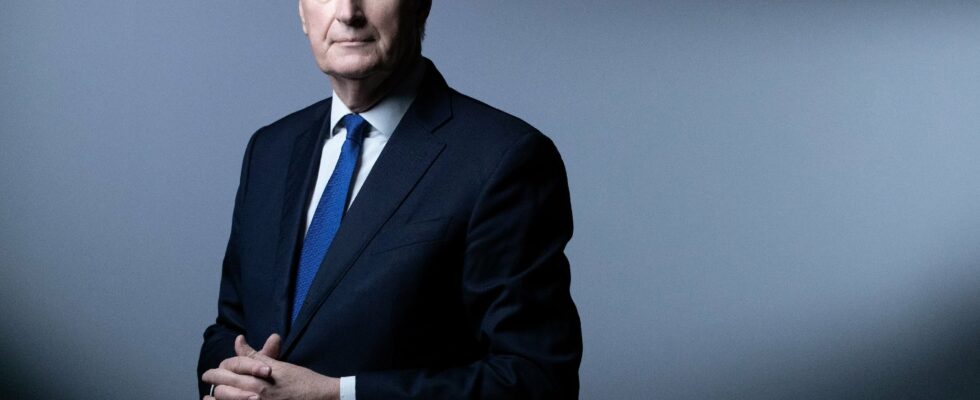Obviously, we really want to believe it. Partly out of a desire to be able to move on. Partly out of an awareness that the ideal situation never exists and that politics consists of trying to build within the framework of existing constraints. Also, and probably a lot, because the past successes of the candidate, in configurations that seemed inextricable, are impressive. For Emmanuel Macron, the choice of Michel Barnier at Matignon was not only the best: it constitutes an unexpected solution. The man is an ace at compromise; he knows how to make deals; in a time of poaching and personal ambitions, he has remained loyal to his political family; his experience and his career inspire consideration, his successes fear; he is too polite to have made real enemies; his European fiber and his commitment to the environment are incontestable.
As a good Savoyard who respects himself, it is also likely that he does not suffer from vertigo. In any case, that is what we wish for him. Because the list of challenges he must take up is impressive: not to be censored, not to be held hostage by the extreme right, not to be under the thumb of the president, to do something new with an impressive list of ministers who want to stay in office and a configuration of the Assembly that leaves him with little other solution than to continue the “at the same time”, to pass the budget without compromising the financing of military investments or incurring the wrath of Brussels, much less the fed-upness of the markets, to take back control of the Caledonian file and to respond somewhat to the expectations of the French to avoid too much social disorder. He must hold out for nine months. In view of his past victories, it is likely that he will succeed. There is no doubt in particular that he will be able to speak to the European Union and our German partners to convince them of the seriousness of the budgetary trajectory.
The main risk is that he won’t do much. A few false economies, a bit of tax pressure on the richest – who expect it anyway – and a huge amount of nonsense will make Brussels and the markets believe that public finances are recovering. This is what France has been doing for forty years, with the guilty complicity of all the institutions that are supposed to prevent it: why change? He won’t be able to do anything for purchasing power because the coffers are empty and national economic recovery – the only real solution to recreate wealth – is a matter of at least a decade. To give assurances to the far right, he will theoretically have to make some progress on sovereign issues. But it is not even certain that he needs to do much: his main chance is that, while avoiding the left-wing policy that a Castets or Cazeneuve-type solution would have implied, Marine Le Pen has an interest in letting the situation rot in order to collect the stakes in the next presidential election.
France will therefore continue to sink into decline. It is not able to meet any of the real challenges it faces, which include deindustrialization, impoverishment, insufficient work and investment, the drift of public finances and the dysfunction of public services. Another political solution would have consisted, for the parties of the Republican axis, in sitting around the table (they represent 301 votes if we count the socialists, and even 339 with the ecologists and 356 with the communists) to agree on the five or six painful reforms that the country absolutely needs, with each party taking its share of the corresponding political cost. The rich are happy to pay more taxes, but public services must function and the drift of public finances must stop. For this collective but salutary suicide to occur, it would have required immense courage from the political class, the same as that which was lacking, in their time, in the elites of the Third and Fourth Republics to avoid the disasters which took them away. With all the qualities attributed to him, could Michel Barnier be the one who succeeds in the feat of raising his colleagues to the level of the challenges facing France in today’s world and of preventing the Fifth from also dying from the mediocrity of its leaders? Obviously, we really want to believe it.
*Emmanuelle Mignon is a lawyer and vice-president of the Republicans (LR).
.
